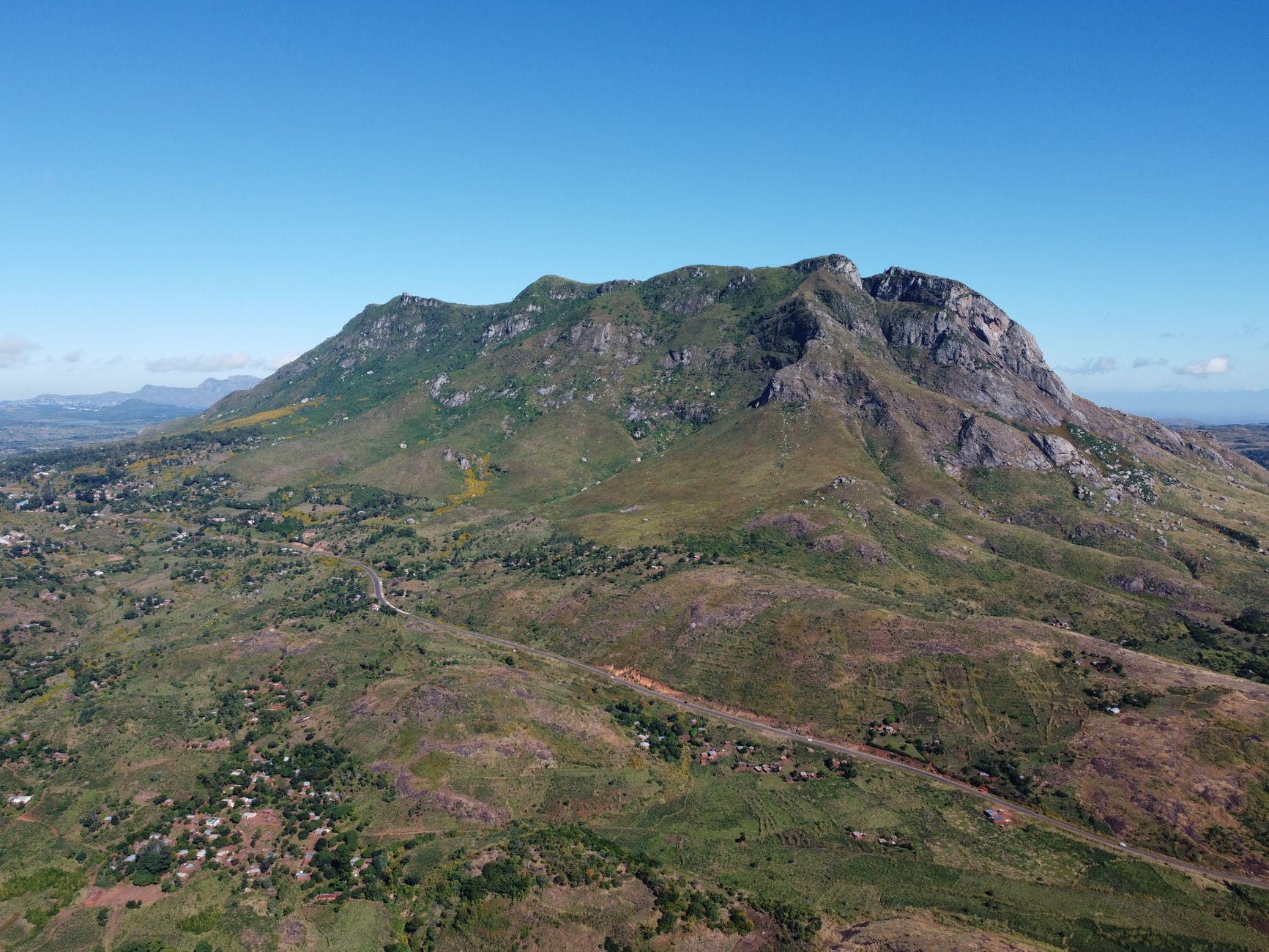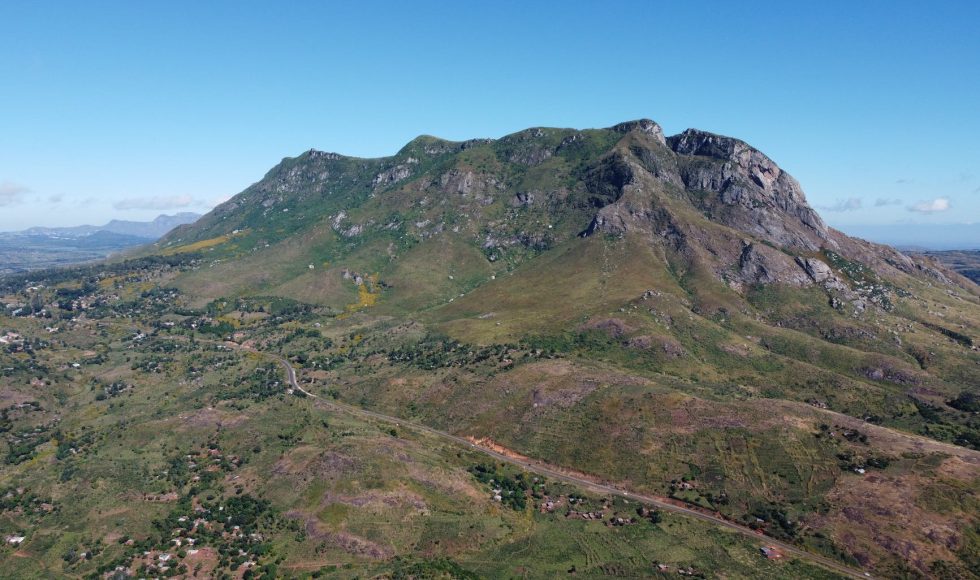Tonight we watched a panel session of Open Ed 2021 about the World Librarians program: worldLibrarians.org. The session was entitled “World Librarians: A System Providing Open Educational Resources to Offline Schools in Malawi & Kenya” and presented by Charlie Schweik, Carl Meyer, Wachira Warukira, and Sarah Hutton. Schweik is a professor at the University of Massachusetts Amherst and co-founded the World Librarians program with Carl Meyer in Malawi. The goal was to bring offline library resources wanted by citizens of different countries. Schweik mentioned the steps of the process include setting up schools with the technology and establishing a “requester,” often a teacher. The second step is to use Twitter for messaging. The requester uses Tweets to request the content they want. Then, this request gets acknowledged and the group searches for Open Educational Resources. The data is shared using KOLIBRI or sometimes Google Drive. The requester downloads the data to a smartphone using “digital postage” paid using Worldremit. Carl Meyer in Malawi recorded a session describing how the technology works and trainers help with the deployment. A video Meyer shared was about Keepod that uses refurbished computers and a safe, secure USB operating system to bring technology to many locations. World Librarians is on-demand OER sharing powered by requests and technology that is accessible. They use Twitter to exchange requests because it is low-data. The RACHEL (Remote Access Community Hotspot for Education and Learning) system is used to share data using their local offline wifi server. Warukira is a music producer recorded a session and was live from Kenya to discuss the Net Bila Net (NBN) non-profit they are involved with as. a team leader. They helped launch the World Librarians program in places that are landfills and need educational content. Using information that was sent by the World Librarians using this system, students learned about making toys from discarded materials. Hutton spoke about contextualizing the context and making it accessible. Schweik mentioned that students in the courses they teach often volunteer to be searchers for the program. They are also developing “searcher teams” in the countries to develop more culturally-relevant resources. One audience member asked about how to maintain content validity. The team welcomes collaborations and mentioned that even graduate students have been involved in research projects related to this initiative. The description of the landfill site and students in those settings made me think about the possibilities of connecting and bringing in this aspect into BIT 295.



